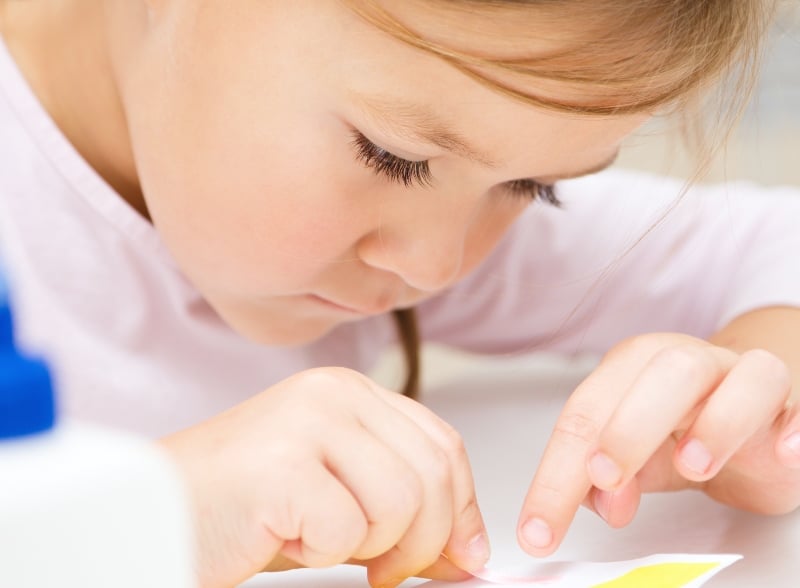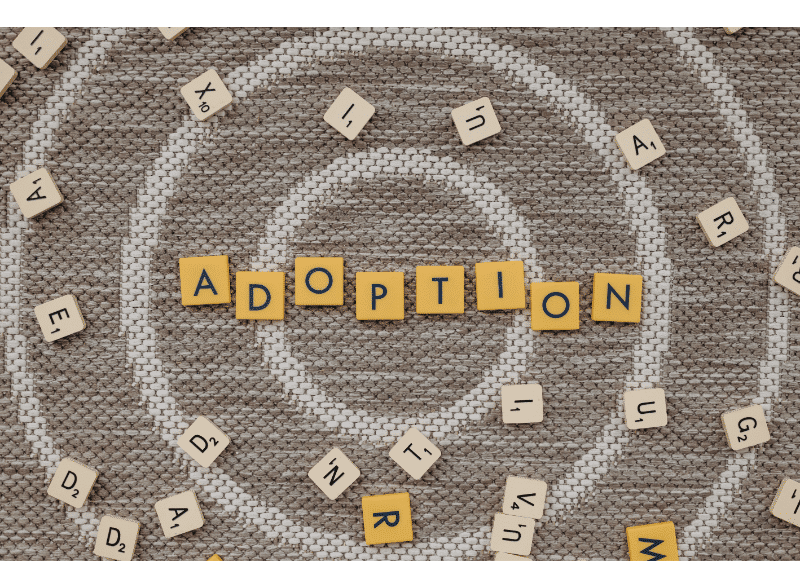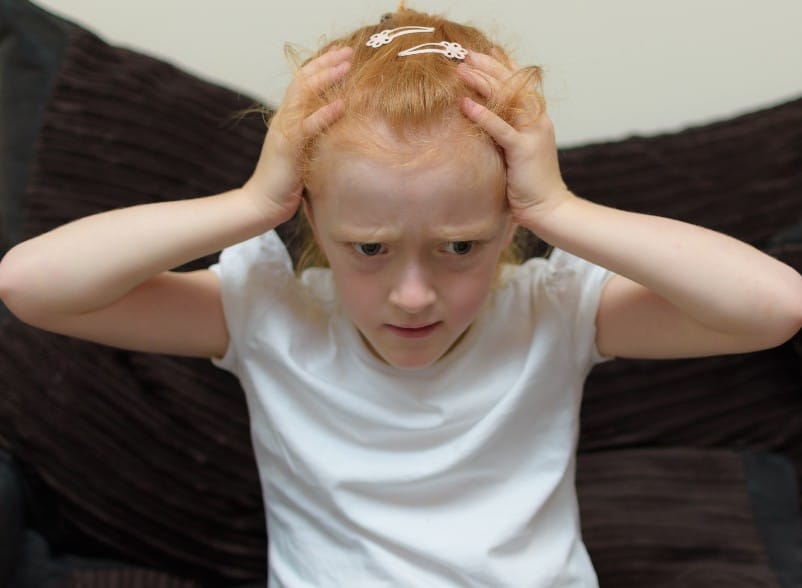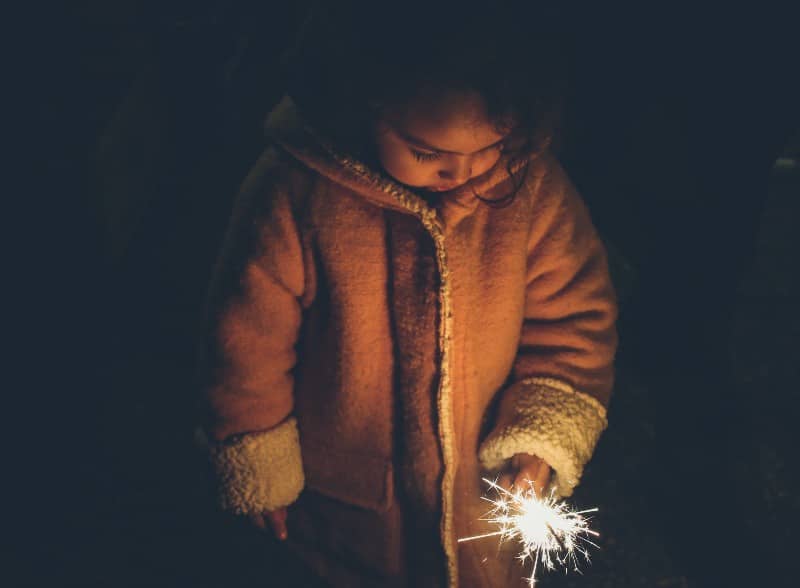
Autism Conference Talk: Autism in the Classroom – Supporting Pupils’ Attention, Sensory Arousal and Anxiety Needs at School
Join Dr Mary Hanley for an inspirational look at how the classroom environment can be adapted to reduce anxiety and sensory arousal in autistic children. Watch for details of the excellent (and free!) “Triple A” training that Durham University have created for schools.











